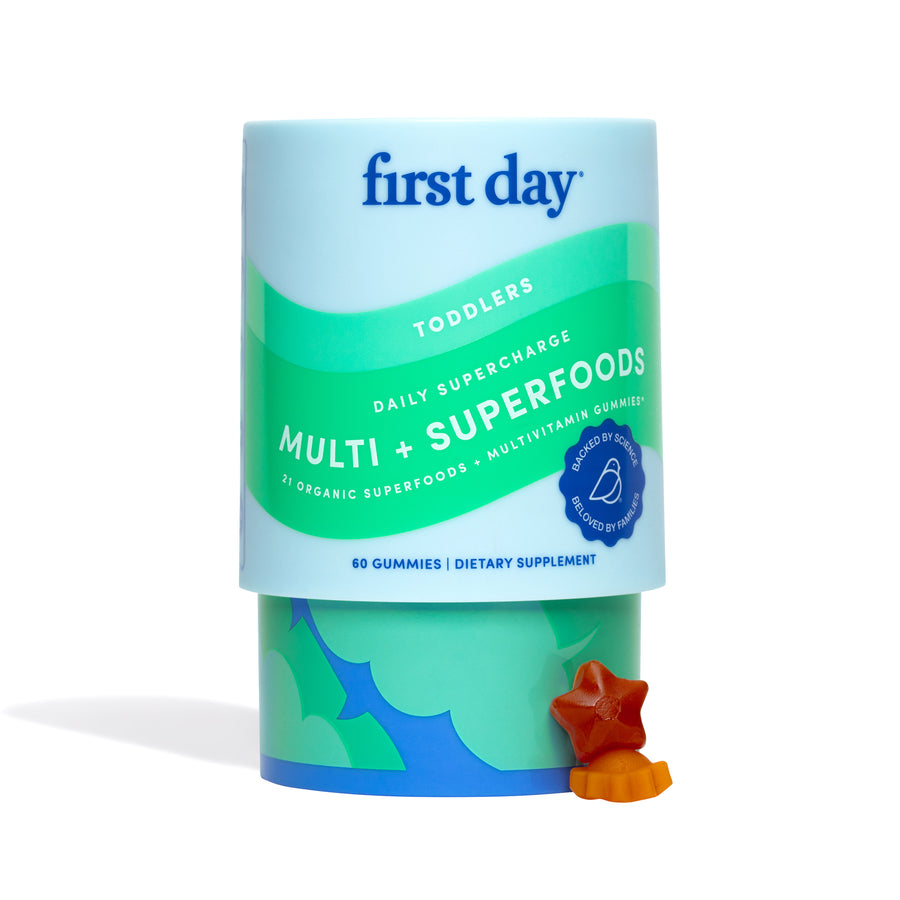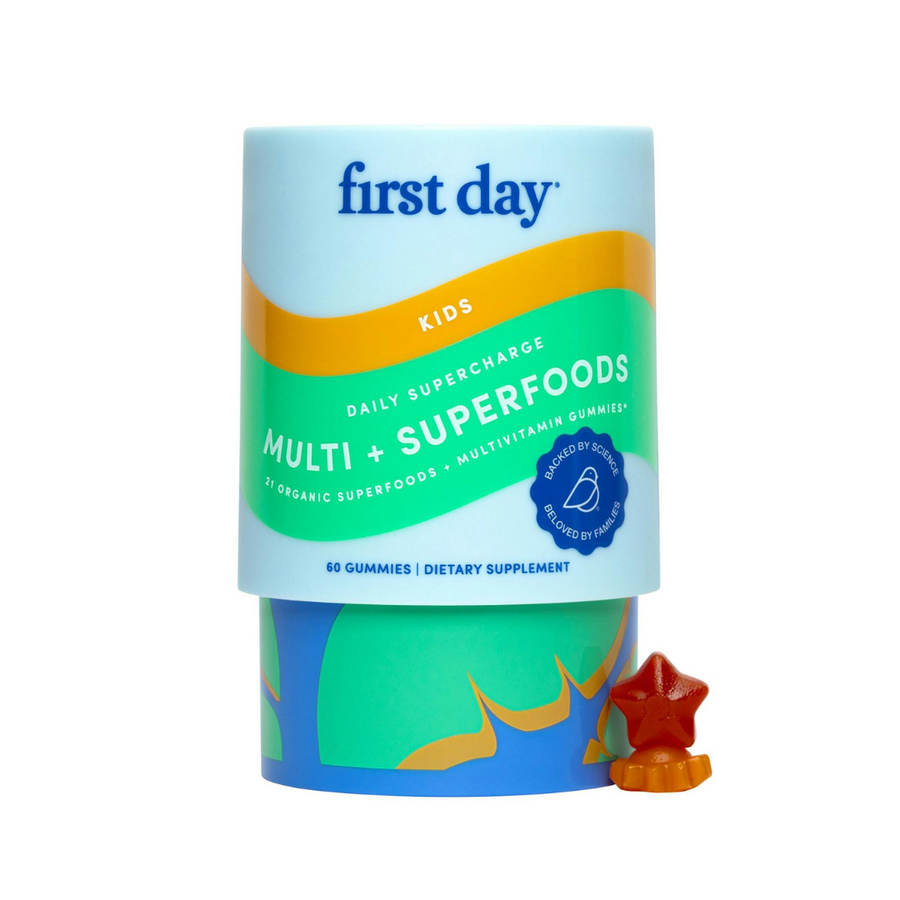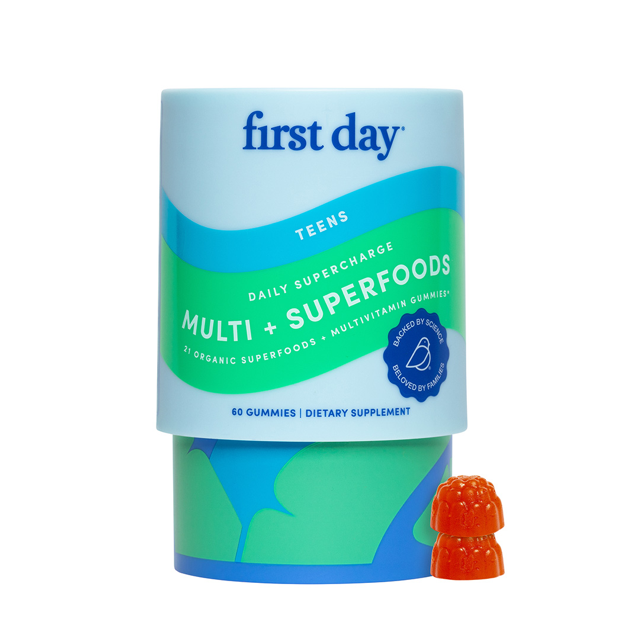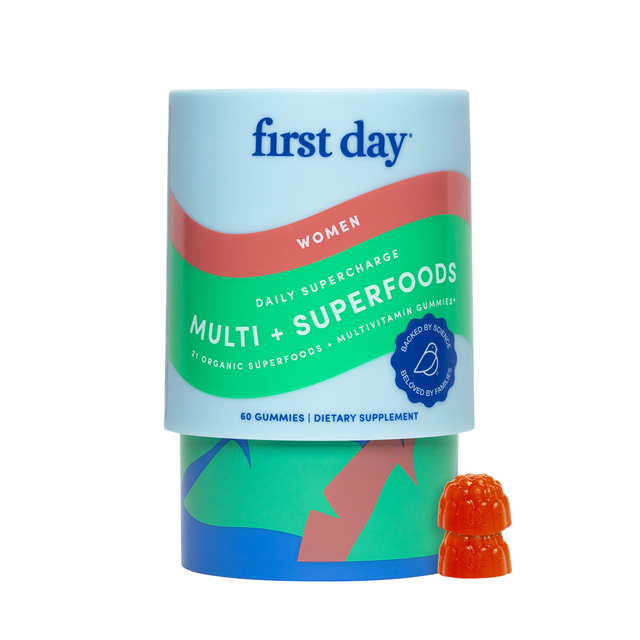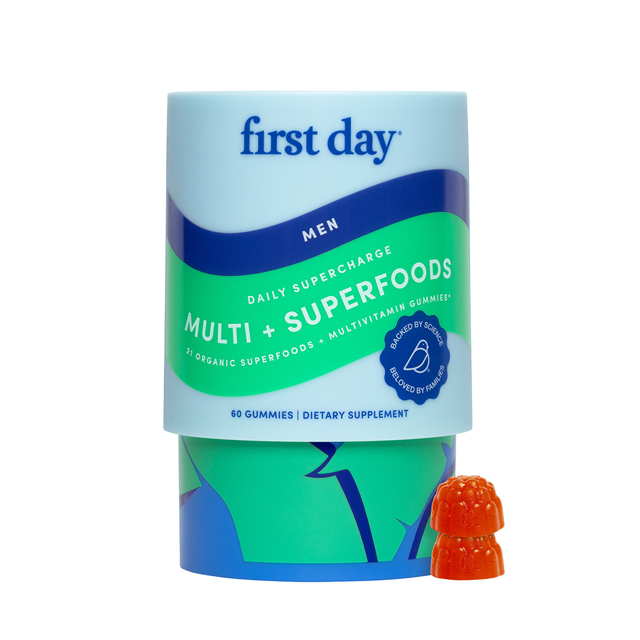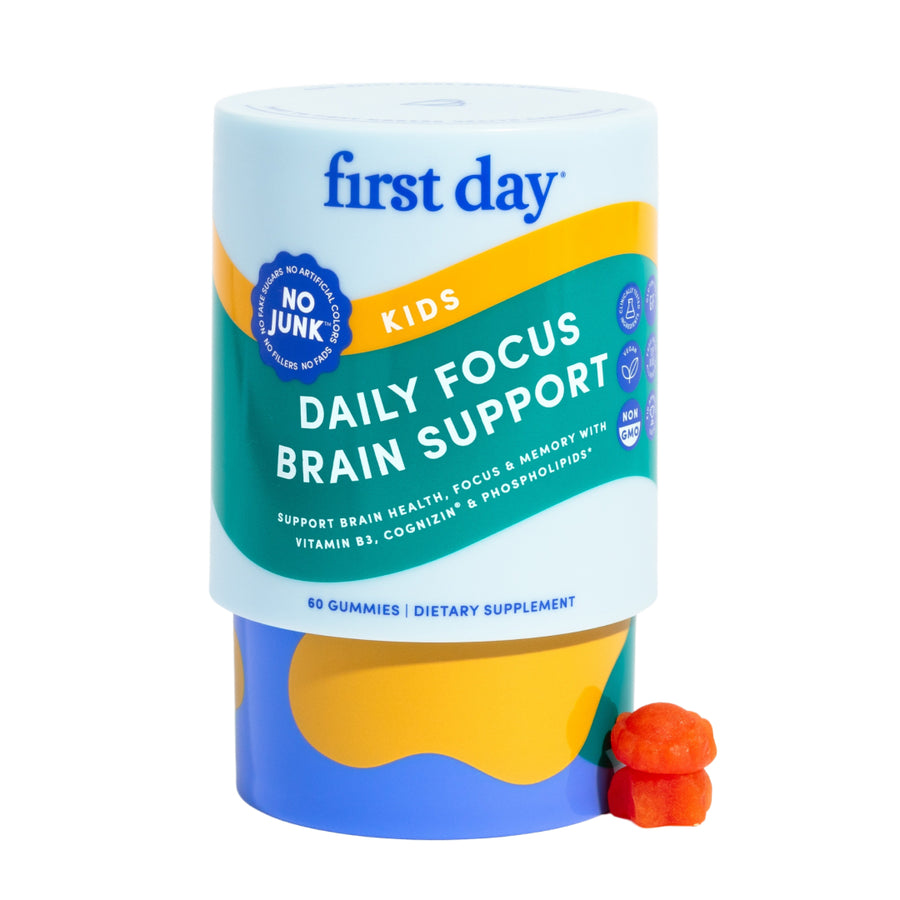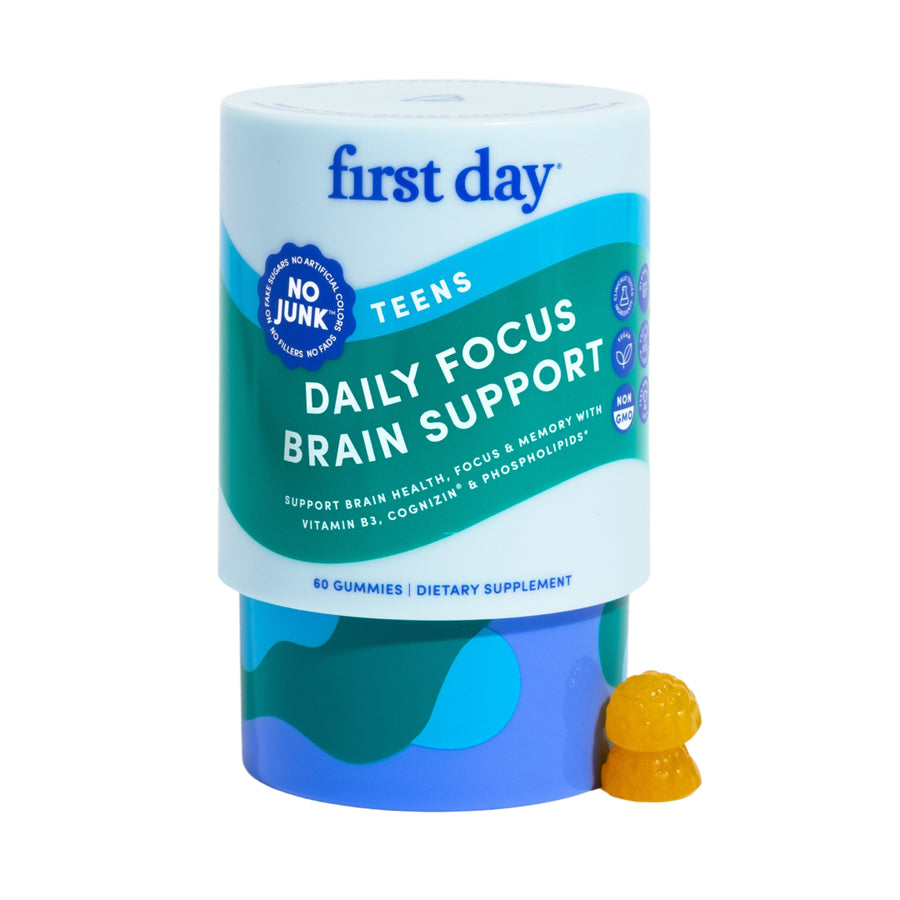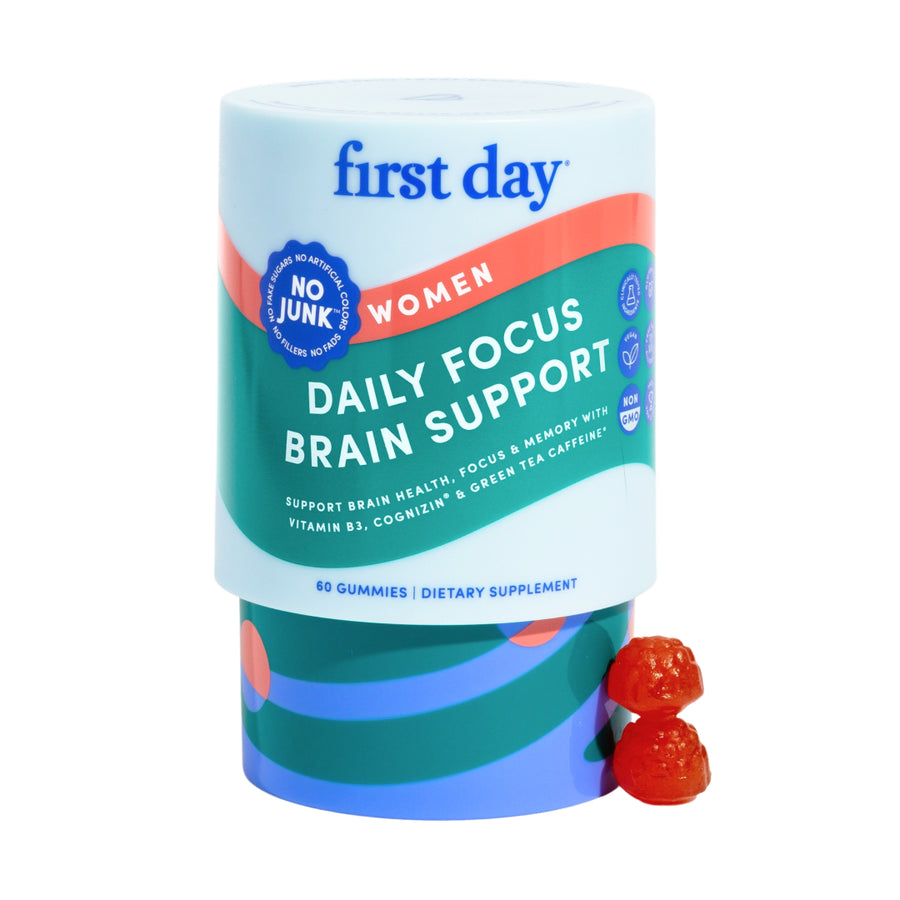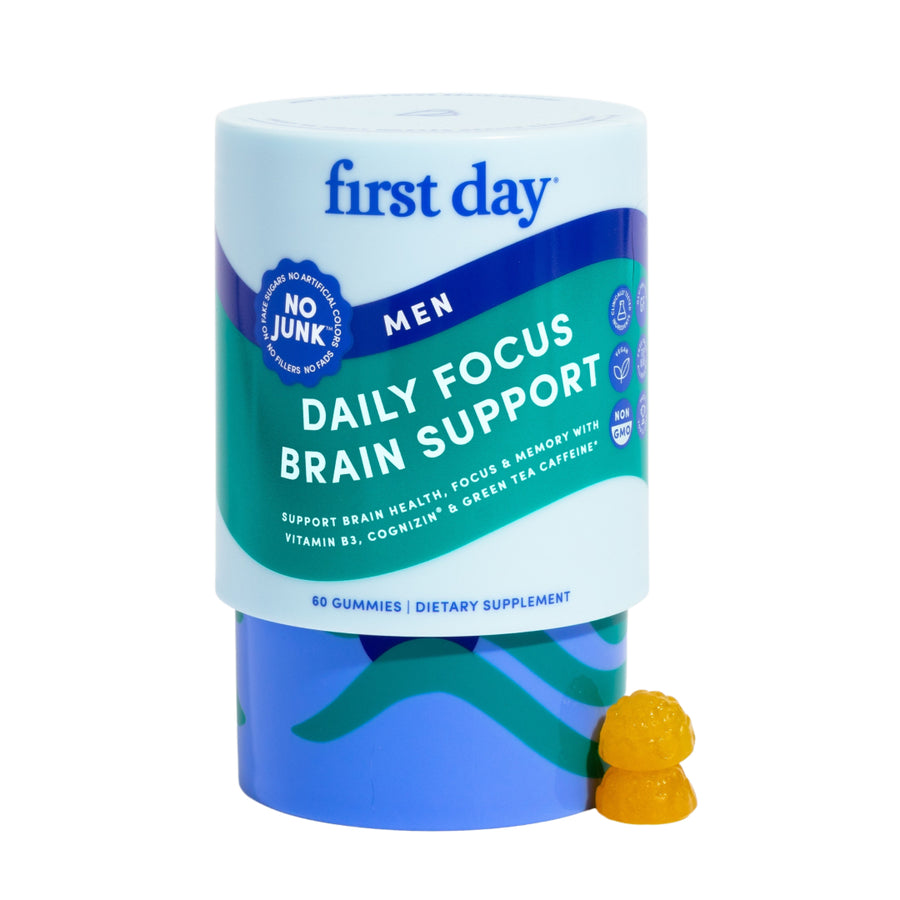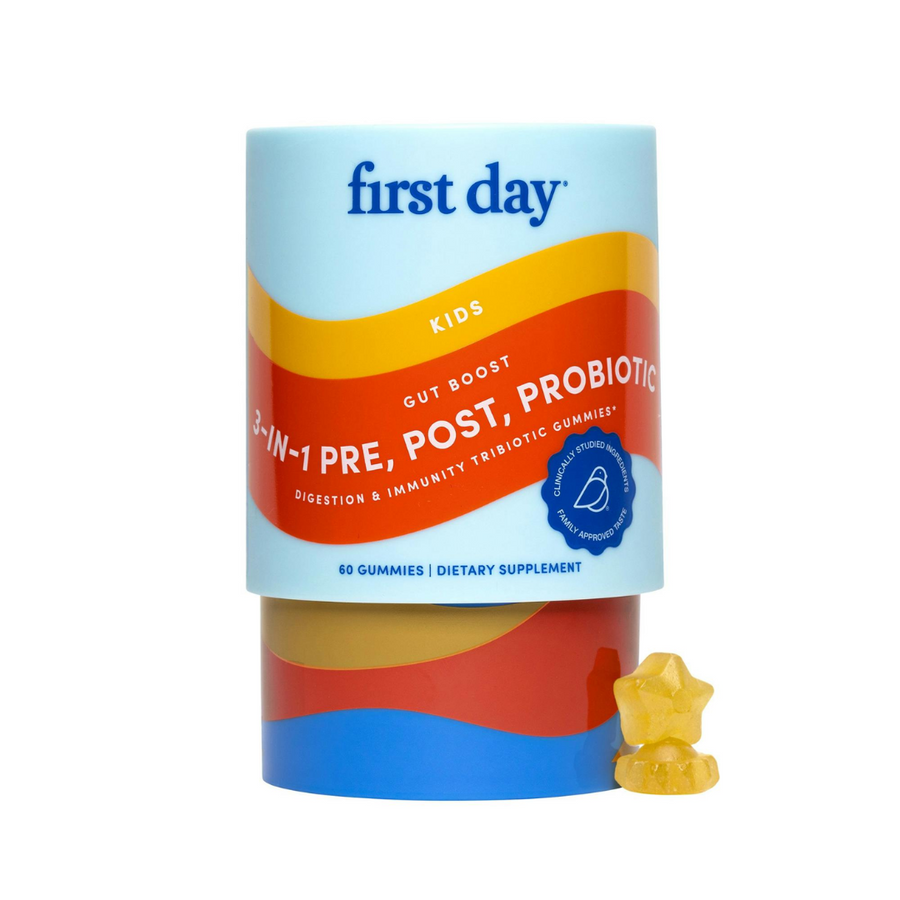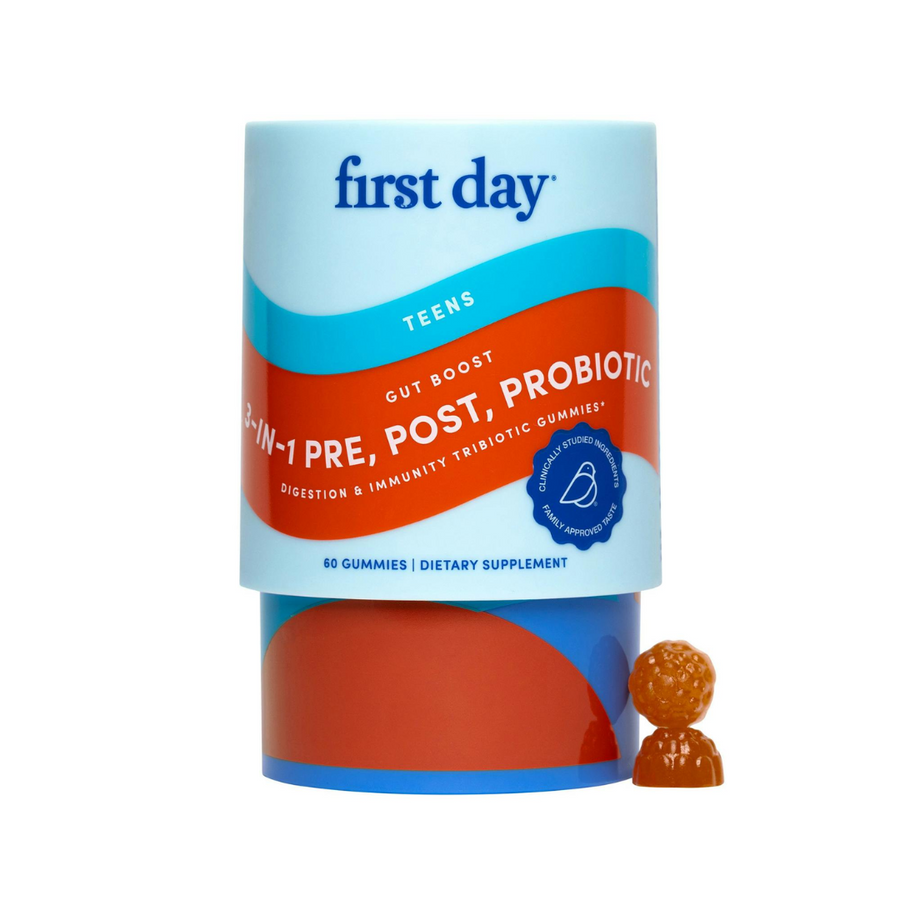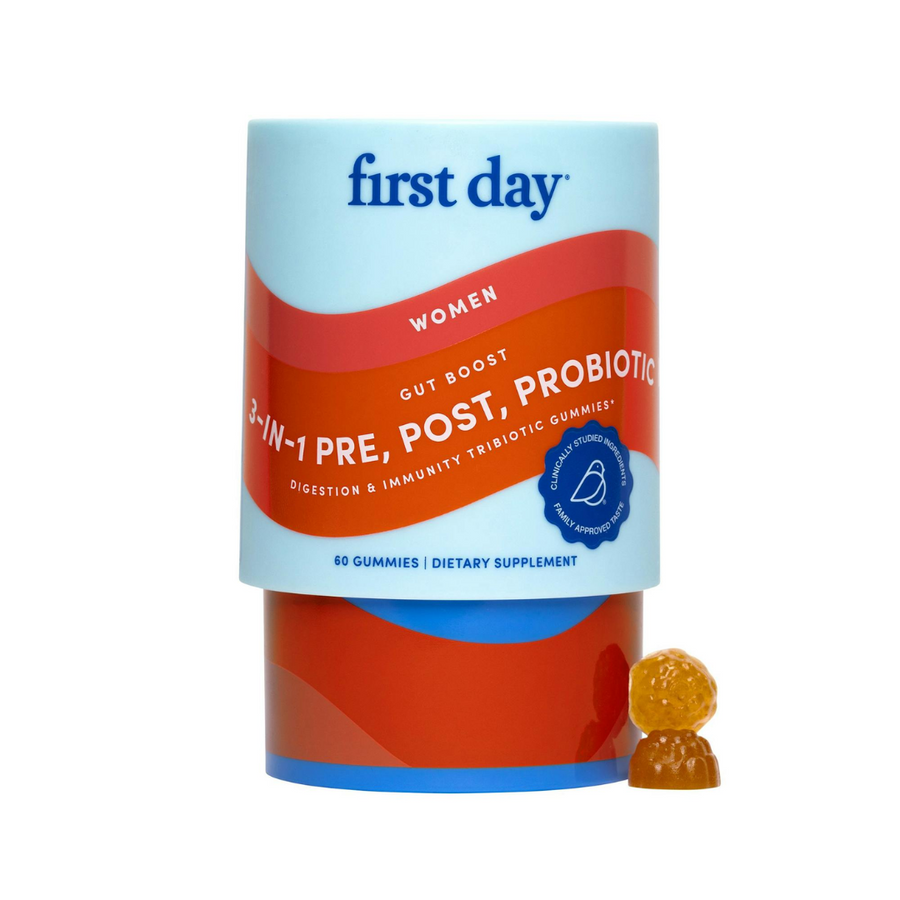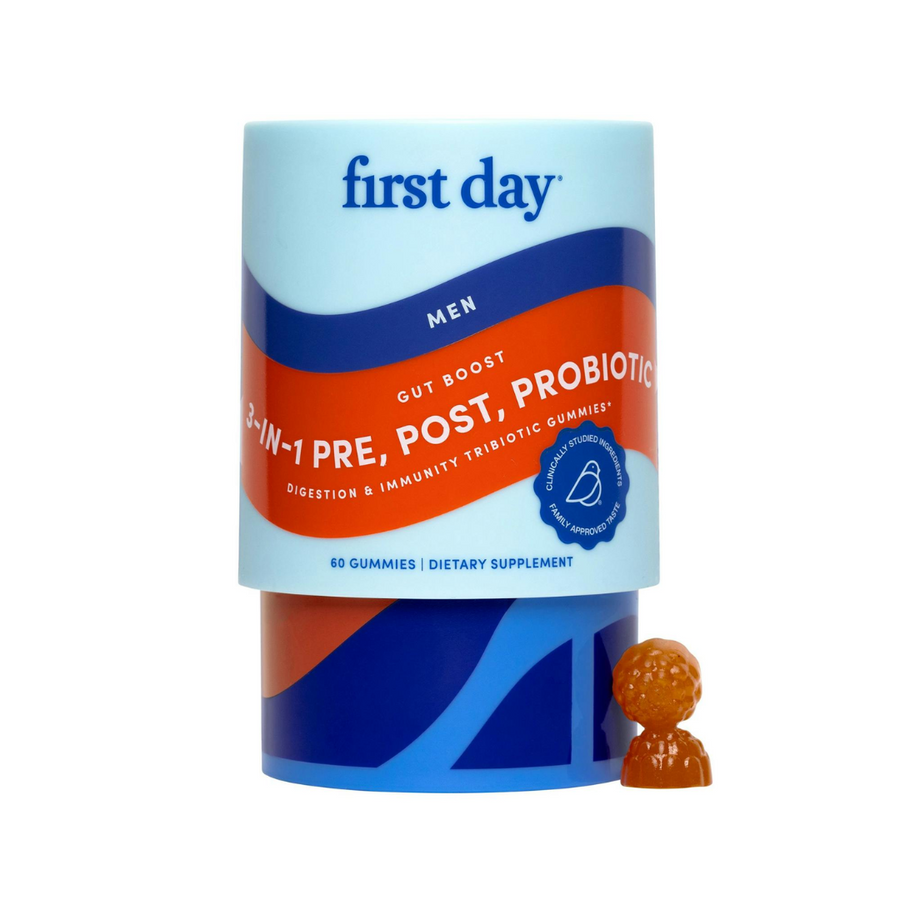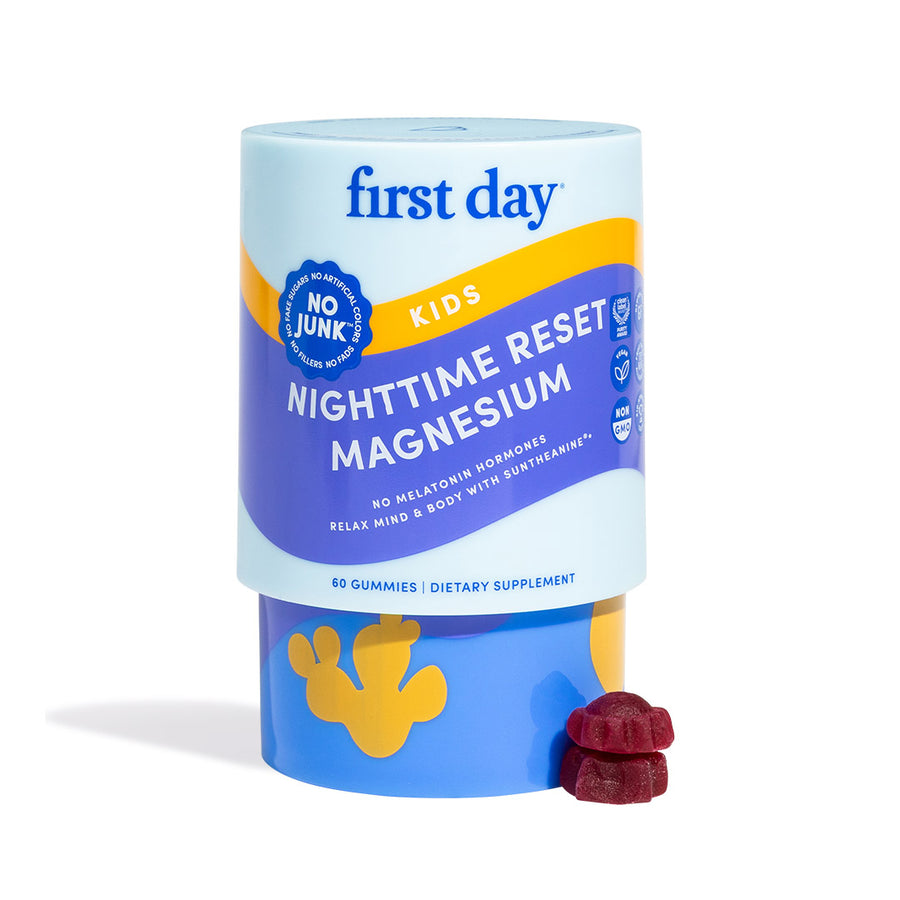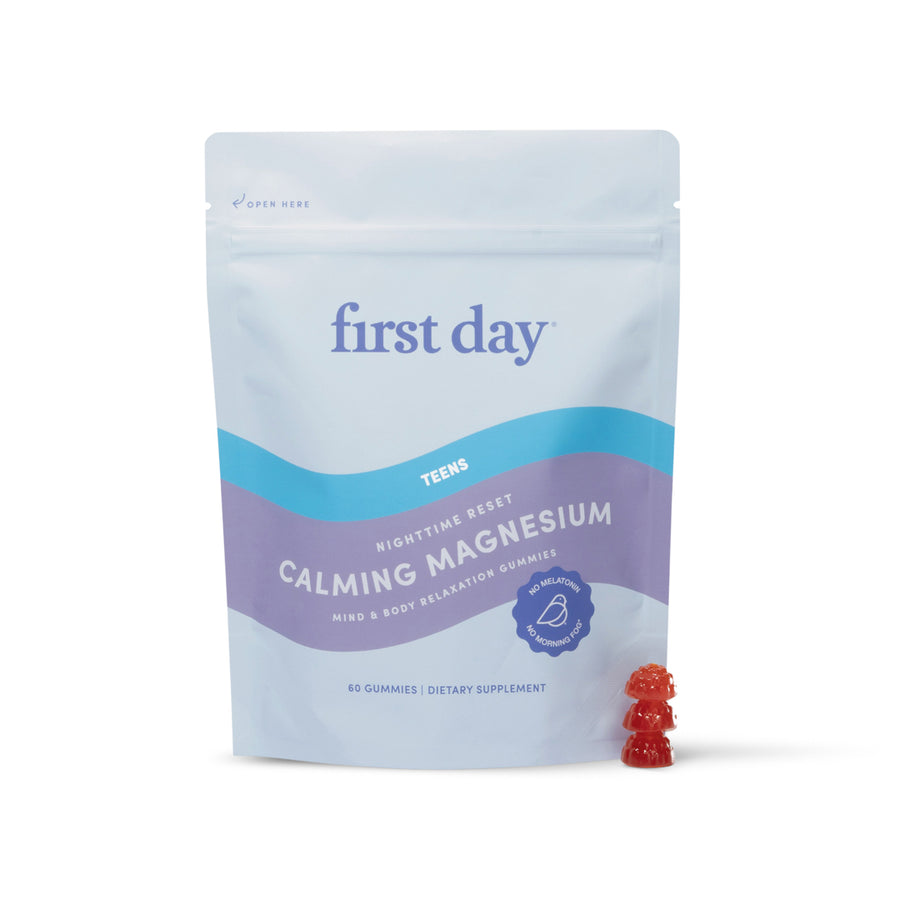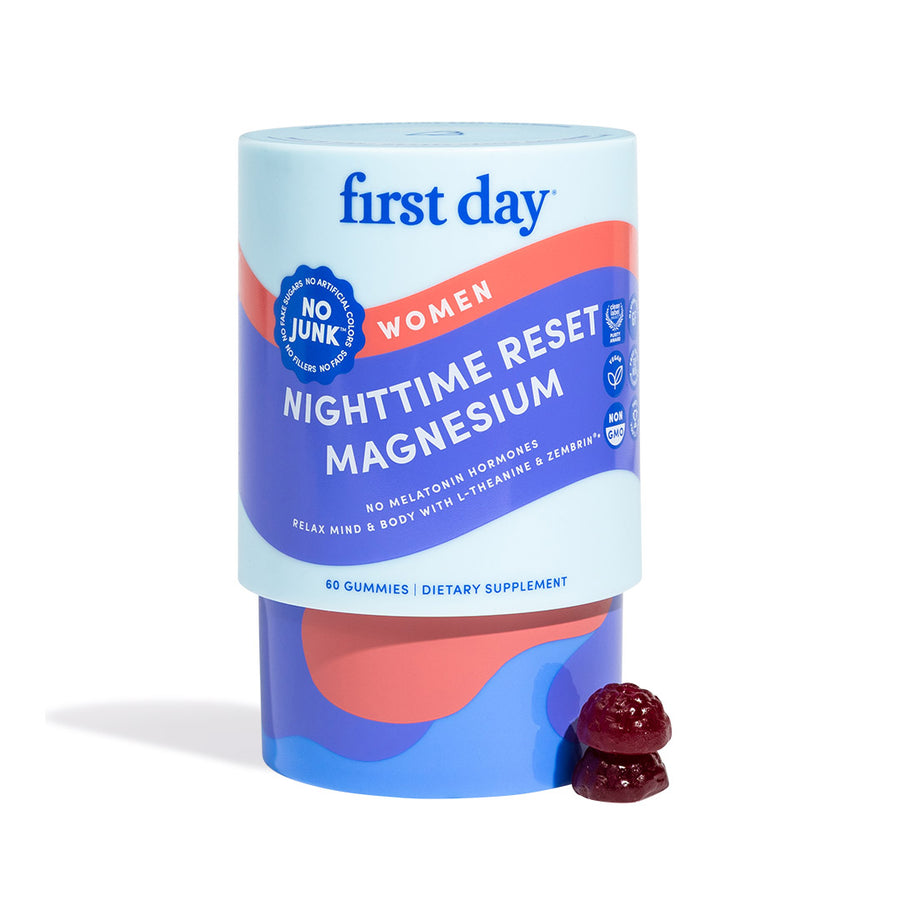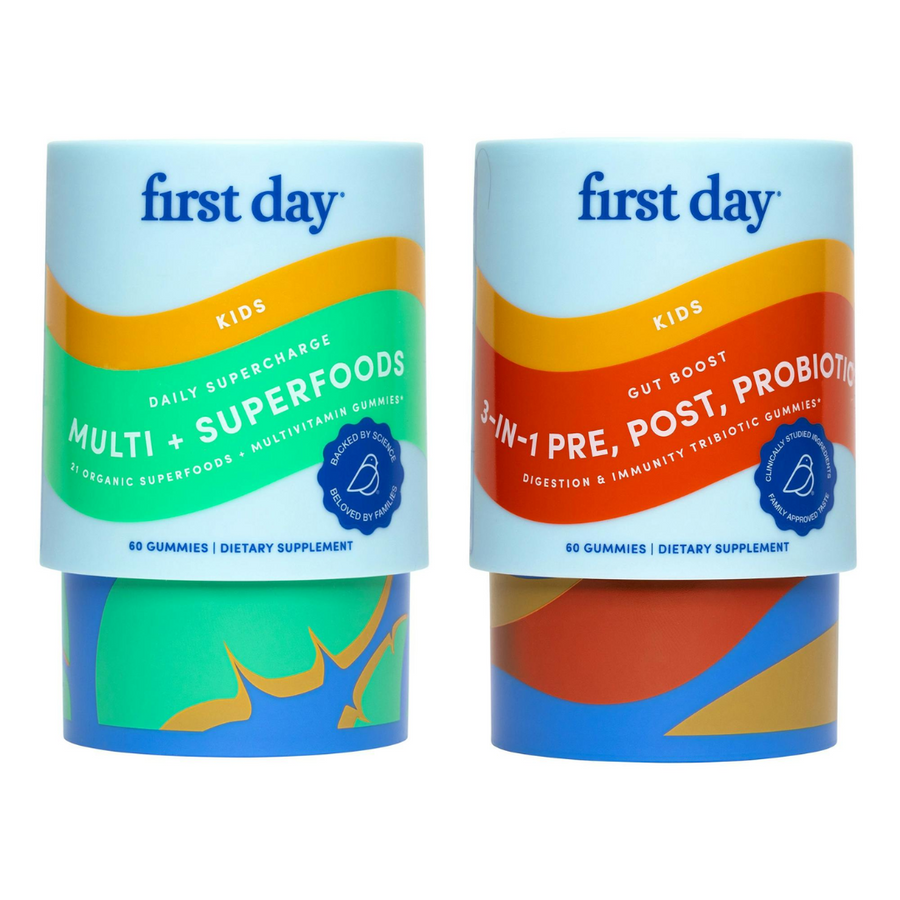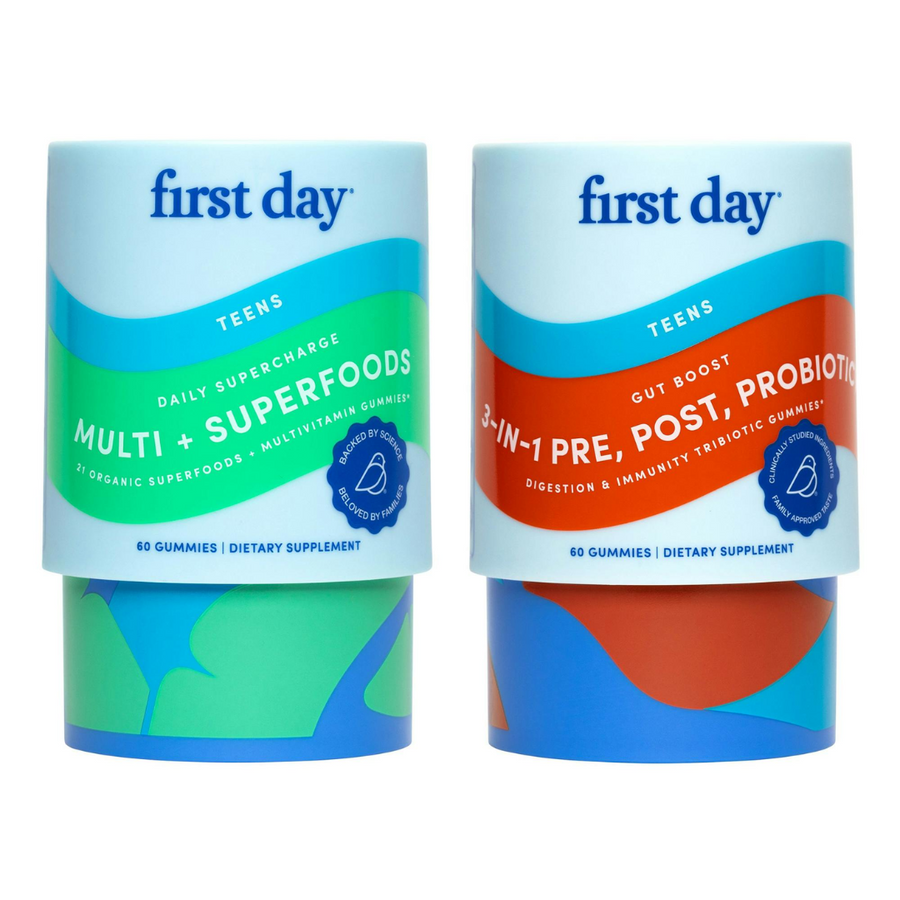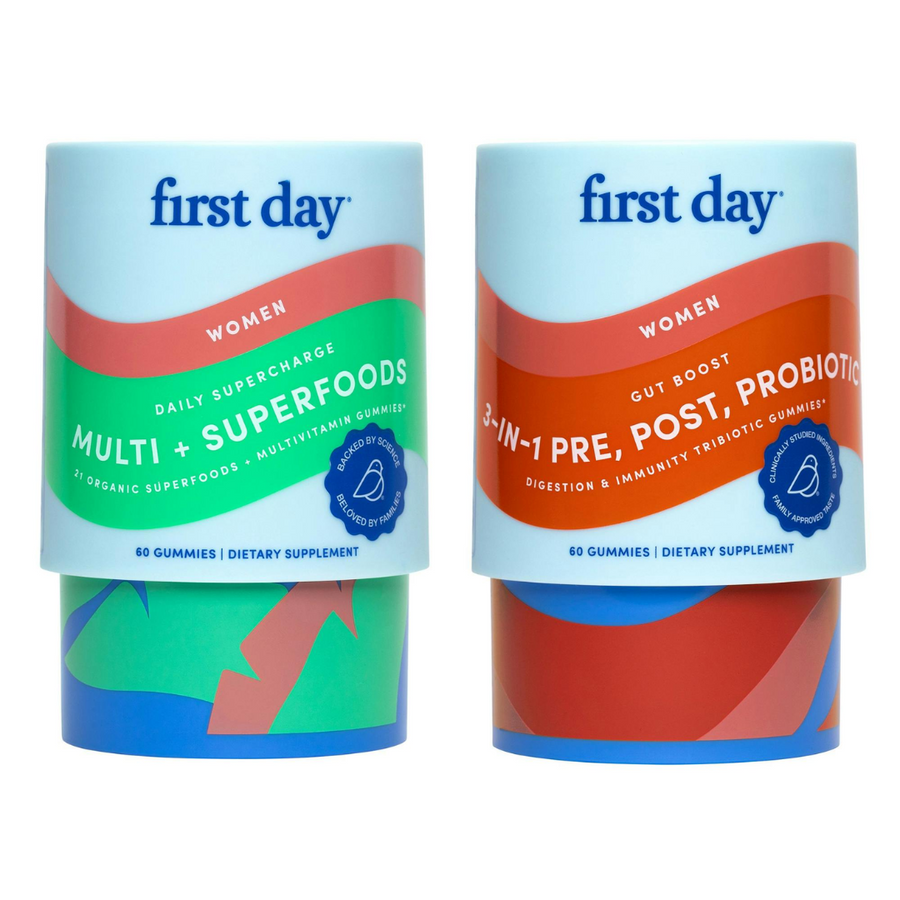As a parent, you want to make sure that your children are getting the proper nutrients to grow and thrive. One nutrient that is essential for good health is vitamin C. Vitamin C helps fight off infection, supports the immune system, and is important for healthy skin and bones. But how much vitamin C do kids need? What are the dangers of over supplementing? In this article, we will explore these questions and many more. Let's get started!

What is Vitamin C?
Vitamin C, also known as ascorbic acid, is a water-soluble vitamin that is found in many fruits and vegetables. It is also available in supplement form. Vitamin C is important for many bodily functions, including the synthesis of collagen, absorption of iron, and the proper functioning of the immune system.
Why is Vitamin C Important?
Vitamin C is an essential nutrient that plays a vital role in many functions of the body, including immune function, growth and development, and more. In addition, Vitamin C may also help protect against disease by reducing oxidative stress and supporting overall health.
Some of the key benefits of Vitamin C include:
1) Boost the immune system
One of the most important roles of vitamin C is to support the immune system. Vitamin C does this by working as an antioxidant, helping to protect cells from damage, and supporting the production of white blood cells, which are key to fighting infection.
Immune system support is especially important for kids, who are more susceptible to illness than adults. In fact, studies have shown that supplementing with vitamin C can help reduce the frequency and severity of colds in children.
2) Help grow and repair tissues
Vitamin C is also necessary for the growth and repair of tissues in the body. This is because vitamin C helps the body produce collagen, a protein that is essential for wound healing and the maintenance of healthy bones, skin, and blood vessels.
The importance of these functions cannot be understated, as they are crucial for supporting overall health and preventing disease. So it is especially important for kids to get enough vitamin C in their diet to promote healthy growth and development.
3) Support brain health
Vitamin C may also help support cognitive function and brain health. One study found that children who had lower levels of vitamin C were more likely to have poorer performances on tests of reading, working memory, and behavior.
Other research suggests that vitamin C may help protect aging brains. In one research, individuals who took a vitamin C supplement had a lower risk of hearing loss as they got older. This vitamin is also involved in the production of neurotransmitters, which are important for mood and cognition.
4) Help prevent chronic diseases
Vitamin C is a powerful antioxidant that can help protect your body against damage from free radicals. Free radicals are unstable molecules that can cause cell damage and lead to chronic disease.
Antioxidants like vitamin C may help reduce your risk of several chronic diseases, including heart disease, cancer, and diabetes. The immune-protective effects of vitamin C may also help reduce the risk of autoimmune diseases like rheumatoid arthritis and lupus.
5) Helps prevent iron deficiency
Vitamin C is essential for supporting the absorption of iron, a mineral that is necessary for blood health. Iron deficiency can cause anemia, which is a condition characterized by fatigue, weakness, and cognitive problems.
It helps the body absorb iron from the diet and prevents iron deficiency. This is especially important for kids, who need iron for growth and development.
6) Promotes healthy skin
Vitamin C helps to produce collagen, a protein that gives the skin its structure and strength. Vitamin C also helps to protect the skin from damage caused by UV rays, pollution, and other environmental stressors.
In addition, vitamin C may also help to reduce the appearance of wrinkles and fine lines. The antioxidant properties of vitamin C can help protect the skin from free radicals, which are molecules that can damage collagen and cause aging.
7) Supports eye health
Vitamin C is essential for the maintenance of good vision. This antioxidant helps to protect the eyes from damage caused by oxidative stress, which can lead to cataracts and macular degeneration.
The American Optometric Association suggests that vitamin C is beneficial in preventing cataracts and age-related macular degeneration, two leading causes of vision loss in older adults.
8) Manage high blood pressure
Vitamin C may also help to manage high blood pressure. According to research by Johns Hopkins scientists, vitamin C supplementation may help to reduce blood pressure by relaxing the blood vessels and improving blood flow.
High blood pressure is a risk factor for heart disease, stroke, and kidney disease. So getting enough vitamin C in your diet may help to reduce your risk of these chronic diseases.
9) Reduces inflammation
Vitamin C is also known for its anti-inflammatory effects. This vitamin can help to reduce inflammation throughout the body, which can lead to a number of health problems.
Inflammation is a natural response of the immune system to injury or infection. However, chronic inflammation can lead to heart disease, arthritis, and diabetes. Vitamin C may help to reduce inflammation by inhibiting the production of inflammatory cytokines.
10) Reduce blood uric acid levels
Vitamin C may also help to reduce blood uric acid levels in individuals with gout. Gout is a type of arthritis that is characterized by high levels of uric acid in the blood, which can lead to pain and inflammation in the joints.
According to research published in Arthritis Care & Research, vitamin C may help to reduce blood uric acid levels and the risk of gout flares. So including plenty of vitamin C-rich foods in your diet may help to manage this condition.
So it is clear that vitamin C is a crucial nutrient for supporting overall health, especially in kids. To ensure that your kids get enough vitamin C, include a variety of vitamin C-rich foods in their diet.

What Are the Best Sources of Vitamin C?
There are many foods that are rich in vitamin C. "Including the following foods in your child's diet daily will increase your child's vitamin C intake, boosting their immune system and supporting their grown and development," says Victoria Whittington, registered dietitian of Camelback Nutrition & Wellness. Some of the best sources include:
1) Citrus fruits
Citrus fruits are well known for their high vitamin C content. Oranges, lemons, limes, and grapefruits are all excellent sources of this nutrient. You can also get your vitamin C fix from orange juice and lemonade.
The average orange contains about 70 mg of vitamin C, while a cup of orange juice has about 124 mg. A glass of lemonade made with fresh lemons has about 48 mg of vitamin C.
2) Bell peppers
Bell peppers are another great source of vitamin C. They contain more than twice the amount found in citrus fruits, making them an excellent choice for boosting your intake of this nutrient.
Bell peppers are a great source of vitamin C, containing more than twice the amount found in citrus fruits. This nutrient is important for supporting overall health, especially in kids. "Try cutting bell peppers into shapes, adding cream cheese, or putting them into sauces with foods your kids already like," says Whittington.
3) Broccoli and leafy greens
Broccoli and other leafy green vegetables are also good sources of vitamin C. Try incorporating more kale, spinach, chard, collard greens, and Brussels sprouts into your child's diet to boost your intake of this important nutrient.
Broccoli is a good source of vitamin C, with 89 mg of vitamin C per 100 grams. This vegetable is also a good source of dietary fiber, vitamin A, and vitamin K. So including broccoli in your diet is a good way to boost your intake of these important nutrients.
Try offering broccoli with ranch dressing or add it to pasta sauce.
4) Tomatoes
The antioxidant properties of vitamin C can help to protect the skin from damage caused by UV rays and environmental stressors. Tomatoes, which contain high levels of vitamin C, are an excellent choice for maintaining healthy skin.
Tomatoes are an excellent source of vitamin C, containing 23 mg of vitamin c per day with 100 grams. This makes them a good choice for adding to your diet to boost your intake of this important vitamin.
5) Strawberries and other berries
Strawberries in particular are a great source of vitamin C, containing more than 100% of the daily value in a single serving. Other berries, including raspberries and blueberries, are also high in vitamin C.
Many people think that a single serving of strawberries is not enough to meet the daily recommended value of Vitamin C. While it is true that 100 grams of strawberries provide 59 mg of Vitamin C, this amount can easily be met by consuming a few servings throughout the day.
"You can add strawberries and oranges (or orange juice) to smoothies to help kids increase their intake of vitamin C," suggests dietitian and mom Victoria Whittington.
6) Kiwi
Kiwis are another great source of vitamin C, with one medium kiwi containing over 90% of the daily value for this nutrient. They also contain some fiber and potassium.
Kiwis are a good source of vitamin C, with one medium kiwi containing over 90% of the daily value for this nutrient. Including kiwis in your diet is a good way to ensure that you are getting enough of this important vitamin.
7) Papaya
Papaya is another excellent source of vitamin C, containing 61 mg of Vitamin C per 100 grams. It is also rich in carotenoids, which are important for maintaining healthy skin.
The high vitamin C content of papaya makes it a great choice for supporting overall health and well-being. It is loaded with antioxidants, as well as carotenoids, which help to protect the skin from damage caused by UV rays and other environmental stressors.
8) Guavas
Guavas are a good source of vitamin C, containing 228 mg of Vitamin C per 100 grams. They are also a good source of potassium and copper, which can help to support healthy blood pressure levels.
The high vitamin C content of guavas makes them a great choice for kids who need to boost their intake of this essential nutrient.

What is a Safe Level of Vitamin C?
While vitamin C is an essential nutrient, it is possible to get too much of it. exceeding the recommended daily intake can cause adverse side effects. The tolerable upper intake levels of vitamin C for kids depend on their age, health status, and other factors.
-
For children ages 1-3 years, the recommended intake of vitamin C is 15 mg/day.
-
For children ages 4-8 years, it increases to 25 mg/day.
-
For children ages 9-13 years, it increases again to 45 mg/day.
-
Adolescents 14-18 years old need 75 mg/day.
For most healthy kids, getting the recommended amount of vitamin C from food sources is generally considered safe. However, it is important to speak with a pediatrician before starting any supplement regimen, as too much vitamin C can cause adverse side effects.
Potential Dangers of Over Supplementation
While vitamin C is an important and necessary nutrient, taking too much of it can be harmful. Some potential side effects of over-supplementation include:
1) Nausea, vomiting, and diarrhea
The high levels of vitamin C in the office of dietary supplements can cause gastrointestinal distress, including nausea, vomiting, and diarrhea. The symptoms are typically mild and resolve on their own, but may require medical attention in severe cases.
2) Heartburn and indigestion
Vitamin C supplements can also cause heartburn and indigestion in some people. The acidity of the vitamin can irritate the digestive tract, leading to discomfort and unpleasant symptoms.
3) Fatigue and sleepiness
Taking too much vitamin C can also cause fatigue and sleepiness, which can interfere with daytime activities and sleep quality. Sometimes, these side effects are caused by the body's inability to absorb and process the large amounts of vitamin C in supplements.
4) Kidney stones
Some research has suggested that taking high doses of vitamin C over long periods of time can increase the risk of developing kidney stones. This is because excess vitamin C can increase the levels of oxalate in the urine, which can contribute to the formation of kidney stones.
5) Headache and dizziness
In some cases, taking vitamin c supplements can also cause headaches and dizziness. This is especially common in people who have low iron levels, as vitamin C can worsen the symptoms of iron deficiency.
Can You Supplement Vitamin C?
No, kids should not take vitamin C supplements unless recommended by a pediatrician. While this nutrient is important for kids' health, getting too much of it can cause serious side effects.
If you are concerned about your child's vitamin C intake, it is best to speak with a pediatrician or registered dietitian. They can help you to identify safe sources of vitamin C, as well as any potential risk factors or side effects that may be present. With the guidance of a healthcare professional, you can help your child stay healthy and strong while avoiding the potential dangers of over-supplementation.
Our Top Recommendation
If you are looking for a safe and effective way to supplement your child's vitamin C intake, we recommend using Kids Daily Essential. This product is specifically designed to support kids' health and is made with high-quality ingredients that are backed by science. It contains a blend of organic fruits and vegetables that are rich in vitamin C, as well as other important vitamins and minerals.
Give it a try today, and see the difference it can make for your child's health!
References
- https://www.nhs.uk/conditions/vitamins-and-minerals/vitamin-c/
- https://www.ncbi.nlm.nih.gov/pmc/articles/PMC5707683/
- https://www.ncbi.nlm.nih.gov/pmc/articles/PMC6429075/
- https://www.ncbi.nlm.nih.gov/pmc/articles/PMC6454201/
- https://pubmed.ncbi.nlm.nih.gov/18507881/
- https://pubmed.ncbi.nlm.nih.gov/12134712/
- https://jamanetwork.com/journals/jamanetworkopen/fullarticle/2772395
- https://www.ncbi.nlm.nih.gov/pmc/articles/PMC5579659/
- https://www.aoa.org/healthy-eyes/caring-for-your-eyes/diet-and-nutrition?sso=y
- https://www.hopkinsmedicine.org/news/media/releases/big_doses_of_vitamin_c_may_lower_blood_pressure
- https://journals.lww.com/co-criticalcare/fulltext/2018/08000/vitamin_c__should_we_supplement_.6.aspx
- https://www.ncbi.nlm.nih.gov/pmc/articles/PMC7926958/
- https://pubmed.ncbi.nlm.nih.gov/29885291/
- https://ods.od.nih.gov/factsheets/VitaminC-Consumer/
- https://www.mayoclinic.org/healthy-lifestyle/nutrition-and-healthy-eating/expert-answers/vitamin-c/faq-20058030
- https://www.health.harvard.edu/blog/high-dose-vitamin-c-linked-to-kidney-stones-in-men-201302055854

